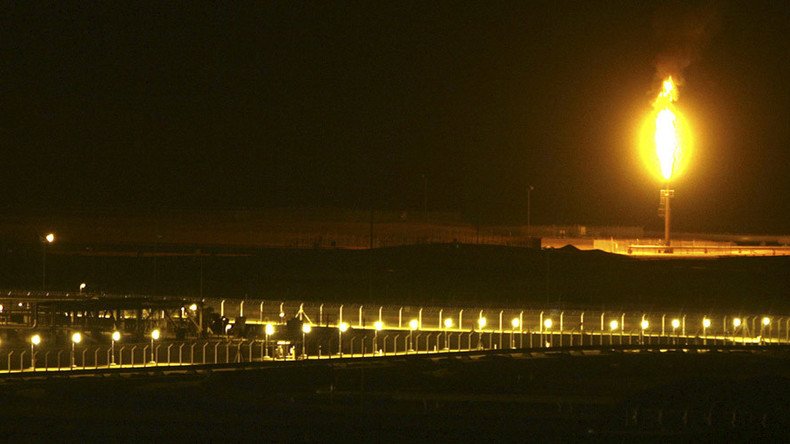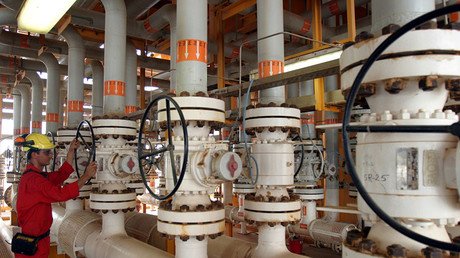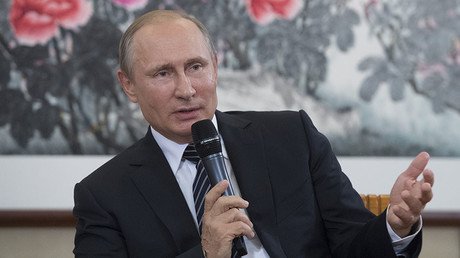Oil markets cautiously optimistic ahead of output freeze talks

Crude prices rebounded slightly on Monday as OPEC and the world's major producers meet this week in Algeria for output cap talks. Saudi Arabia’s reported offer to cut production to January levels has contributed to the rally.
Brent crude futures were trading at $46.28 per barrel as of 10:05 GMT. West Texas Intermediate reached $44.84 a barrel. Oil prices collapsed from peaks of more than $100 a barrel in mid-2014 to near 13-year lows below $30 in January, mostly due to global oversupply.
"We will not come out of the meeting empty-handed," Algerian Energy Minister Noureddine Bouterfa said in Algiers on Sunday.
According to him, the state of the oil market is currently "more critical" than when the Organization of the Petroleum Exporting Countries (OPEC) last met three months ago.
“The situation since the last meeting in June has worsened,” Boutarfa told Bloomberg. “So it’s important to see what measures can be adopted in the short-term and very short-term to find a solution to this situation that isn’t helping any OPEC country.”
Data compiled by the media shows Saudi Arabia pumped a record 10.69 million barrels per day in August compared with 10.2 million barrels in January.
The kingdom’s intensifying rivalry with Iran has become a major obstacle to a global production cap. Tehran has rebuffed urging from Riyadh to join the freeze, saying it would increase oil output to pre-sanction levels.
The latest numbers show Iran is getting close to its goal of four million barrels per day, as production has already reached 3.8 million barrels.
READ MORE: Iran ready for crude output freeze talks
The main difference between the Algiers talks and April’s failed attempt in Doha is that Iran will be present, according to the Algerian minister.
Analysts, however, remain gloomy at the chances of an agreement.
"Given that OPEC has failed to agree much of anything in the last 12 months, it seems unlikely that it will start now," Michael Hewson, chief market analyst at CMC Markets UK, told the BBC.
OPEC members will meet on the sidelines of the International Energy Forum in Algeria from September 26-28. The organization’s next scheduled meeting is in Vienna in November.














